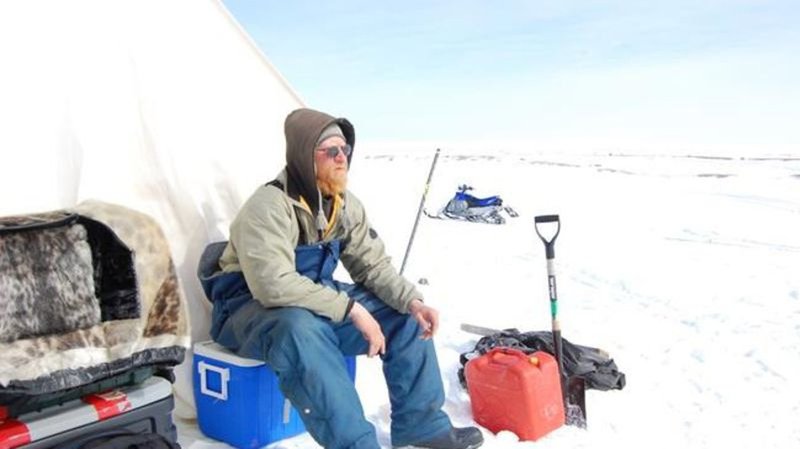
‘He loved Nunavut:’ Polar bear biologist who died in helicopter crash remembered
IQALUIT — A dedicated scientist who loved the North, Markus Dyck spoke his mind and strove to include Inuit in northern research.
That’s how friends and colleagues are remembering Dyck, a polar bear biologist with the Nunavut government, who died in a helicopter crash near Resolute Bay on Sunday. Two crew members also died.
Harvey Lemelin, a professor at Lakehead University in Thunder Bay, Ont., and a close friend of Dyck, said he’s still processing the news of his death.
“I was in complete denial. I was hoping they were wrong,” he said in an interview.
